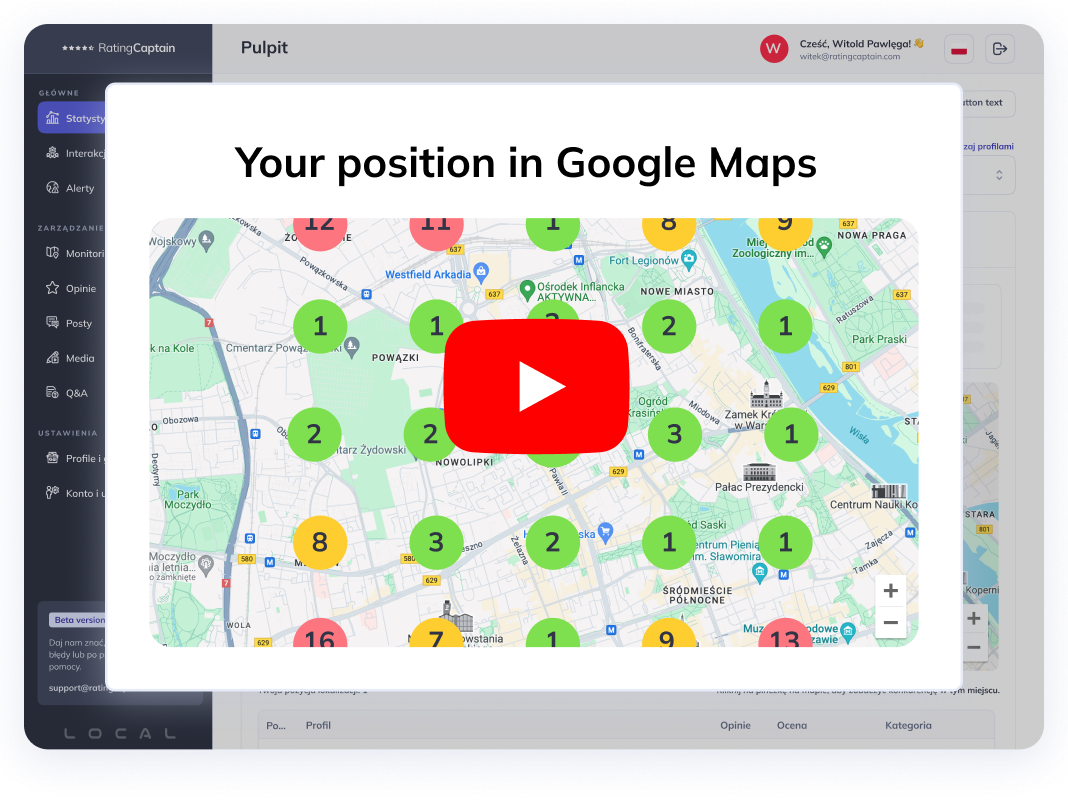

SEO Rankings Checker: Comprehensive Guide to Google Ranking and Keyword Rank Checkers
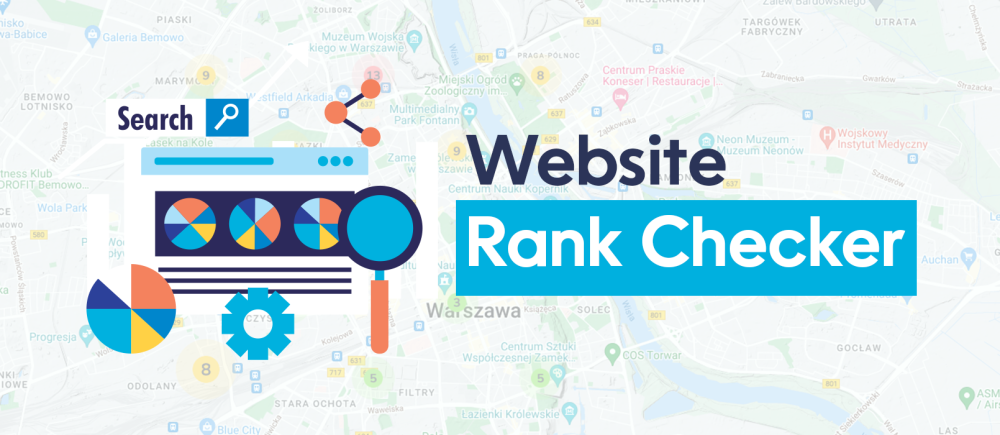
Table of contents
Are you dedicated to improving the SEO of your website and boosting your Google ranking? Welcome aboard the right blog post! We've compiled a comprehensive guide on how to manipulate your website's ranking using "rank checker" and "keyword" strategies. Read on to become a master in keyword usage, rank checking, and optimizing your SEO strategy to ensure your website ranks higher on Google's search results.
What is SEO Rank Checker?
SEO "rank checker" has become an indispensable tool for website owners hoping to understand their website's performance concerning specific keywords. This tool will help you track your SEO performance, identify where improvements are needed, and show you how your keywords rank in search results.
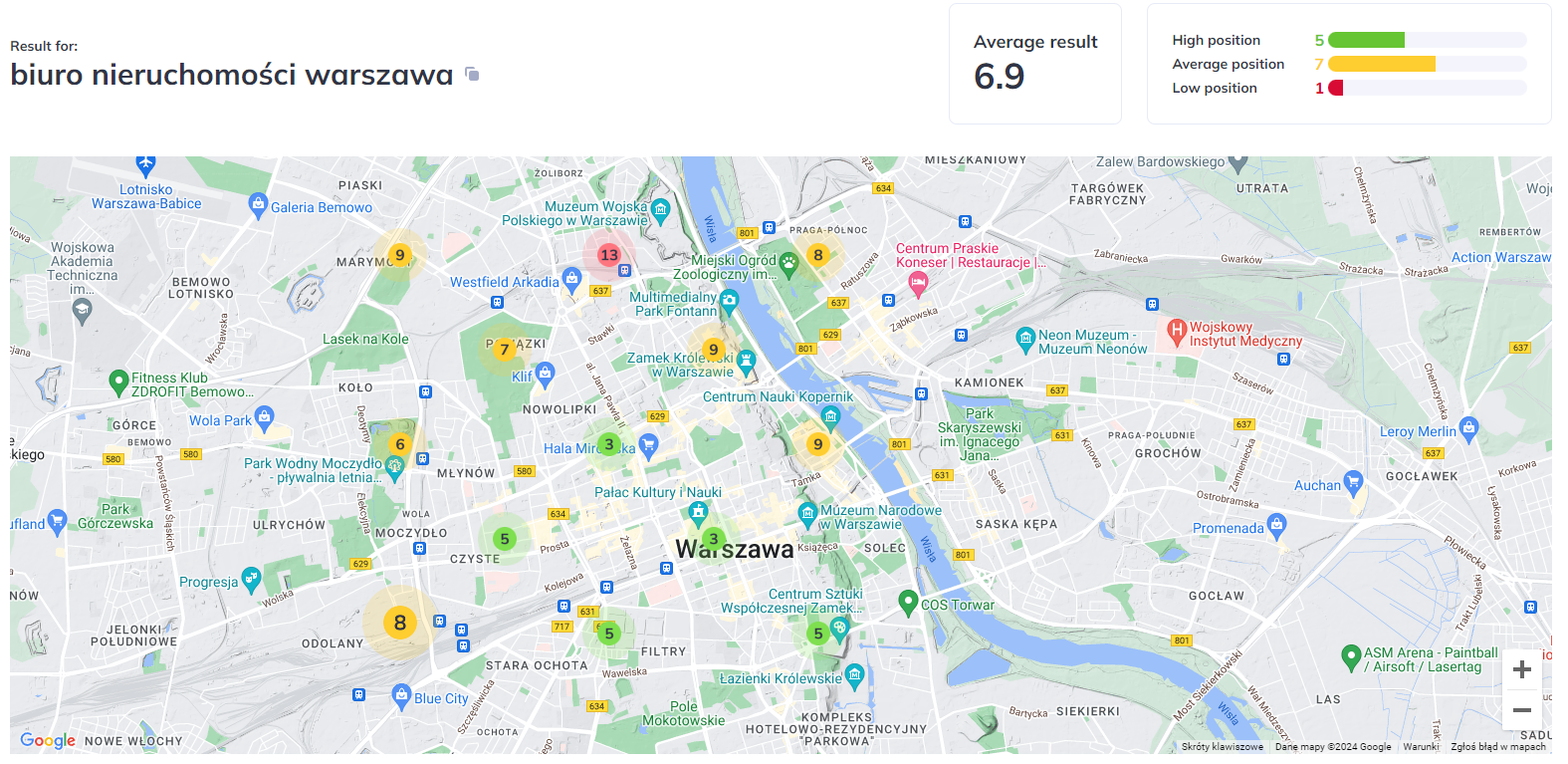
Understanding Rankings: The Importance of Keywords
Your Google ranking hinges predominantly on your usage of "keywords." People use these keywords in their search queries to find content like yours. To optimize your ranking, you must understand which keywords your target audience uses and weave them appropriately into your content.
How Accurate is Keyword Rank Checker?
A "keyword rank checker" tool helps you identify where your website stands when specific keywords are queried. However, it's crucial to know that the results may vary due to personalization factors. Don't be discouraged if you get variant results, focus instead on the general trend.
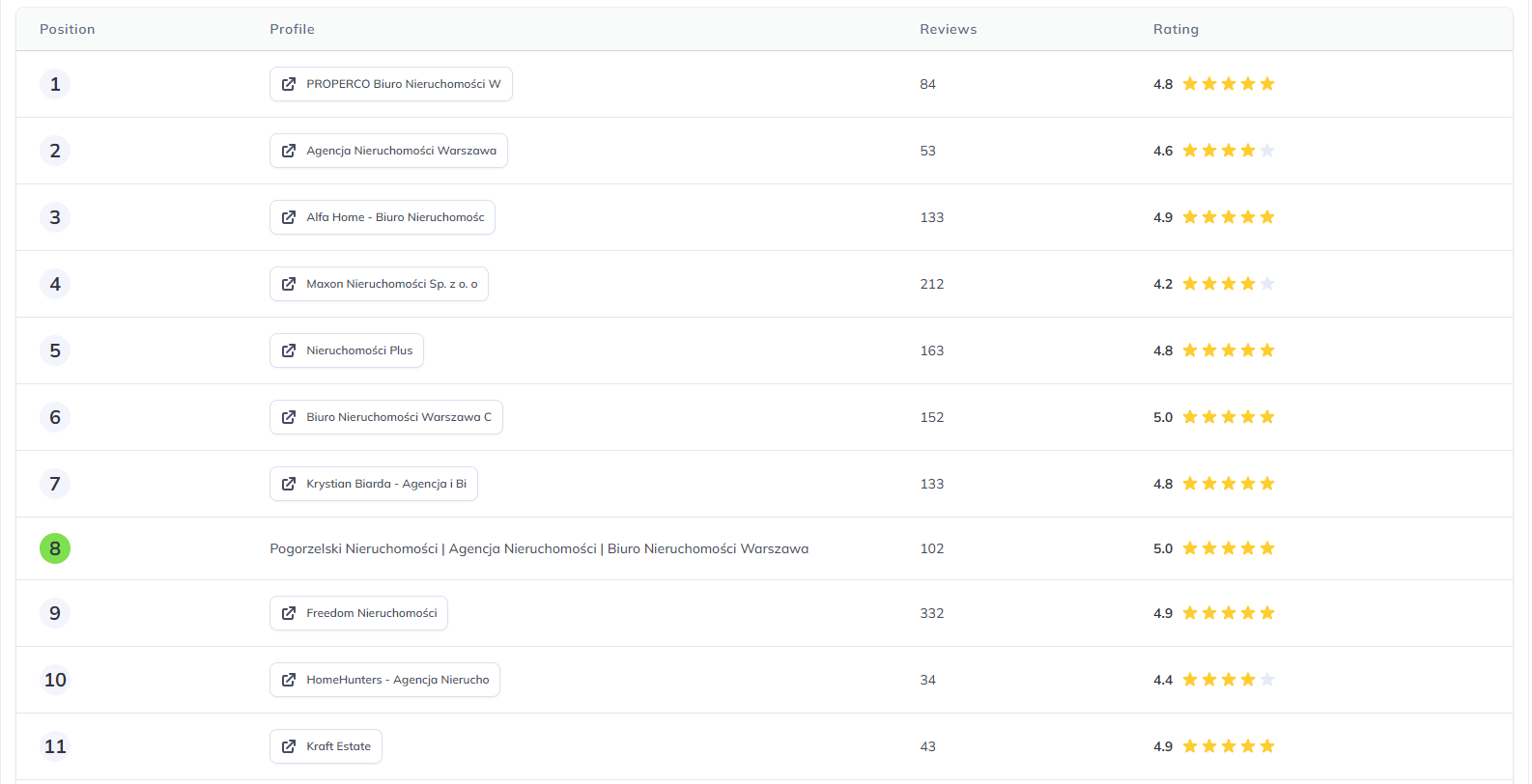
Decoding Google Ranking: The Keyword Strategy
Google ranking is much more than simply inserting as many keywords as possible into your content. Google uses a complex algorithm to decide the ranking and won't favor your page if it is keyword stuffed. One well-placed keyword in your content is worth many rapid-fire ones.
Desktop and Mobile Differences in Rankings
"Desktop and mobile" rankings can differ considerably due to different user behaviors and search trends, so it’s important to optimize your website for both. With the mobile-first indexing rules, Google now prioritizes mobile-friendly websites.
SEO and Google: Top 100 Search Results
One key aspect of SEO is understanding how "top 100" search results work. Most users are likely to choose options from the first SERP (Search Engine Results Page). Your ultimate goal should be to secure a position on the first page - the higher, the better.
The Role of SERP Features in Rankings
SERP features like featured snippets, site links, and others can influence click-through rates. Enhancing your content to cater to these "SERP features" guarantees higher traffic and potentially higher rankings.
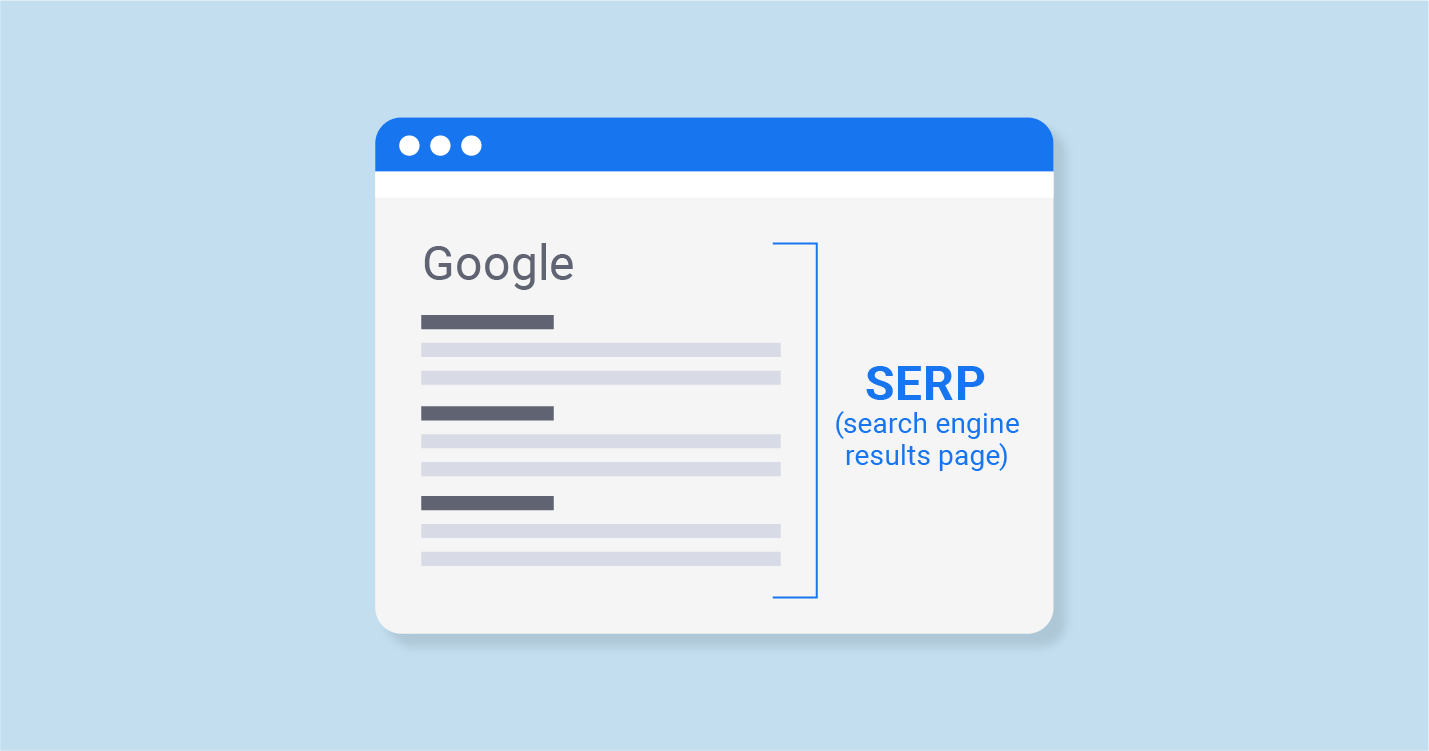
Optimizing Your Website with Free SEO Tools
Google offers several "free SEO tools," like Google Search Console, to understand your website's performance and see where improvements are necessary. Utilizing these free tools effectively can help you enhance your SEO strategy.
The Importance of Local SEO in Your Rankings Strategy
"Local SEO" is crucial for location-specific businesses. It helps optimize your business to be visible in the geographical area where you are operational. Strategies include adding your business to Google Maps and using locally relevant keywords.
Distinguish Your SEO Campaign with Keyword Ranking Positions
Monitor your "keyword ranking positions" regularly to track your SEO campaign's effectiveness. Remember, fluctuating rankings are normal; focus on the bigger picture rather than daily ranking changes.
6.png)
The Impact of Daily SEO Work on Google Website Ranking
SEO is not a one-time task, but a long-term strategic plan that requires "daily SEO work." Regularly updating your content, fixing broken links, and adding fresh keywords are just some of the tasks that can significantly impact your website's ranking.
Improve Your Rankings with Detailed Ranking Data
Detailed ranking data gives you a detailed perspective on your website's keyword positions, website traffic, backlinks, and other crucial factors. Use this data constructively to improve your rankings.
In essence:
- Understand what "rank checker" is and how to use it to boost your website's performance.
- Use 'keyword' strategies to enhance your ranking.
- Keep track of your keyword ranking positions.
- Stay informed about daily SEO tasks and do them consistently.
- Use the insights from detailed ranking data to improve your website’s ranking.

The world of SEO is a vast and ever-evolving landscape, but by understanding and using SEO tools and strategies like keywords and rank checking effectively, you can expertly navigate it and optimize your website's ranking. The consistent effort can help you soar in the top Google search results. So don't slack off, start optimizing today!
Please rate this article
Local SEO tool
for agencies
Automate your local SEO
and track Google Maps visibility
